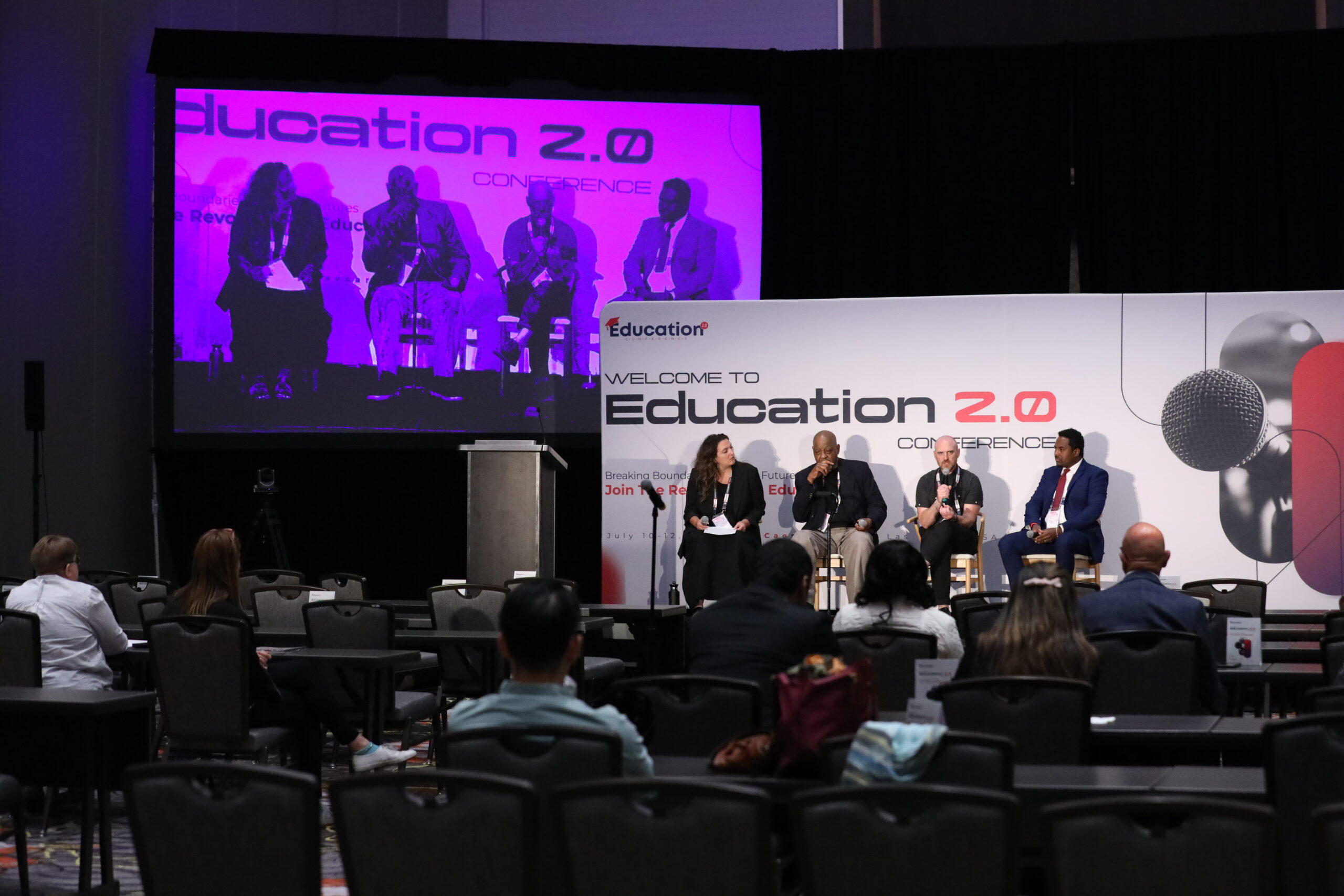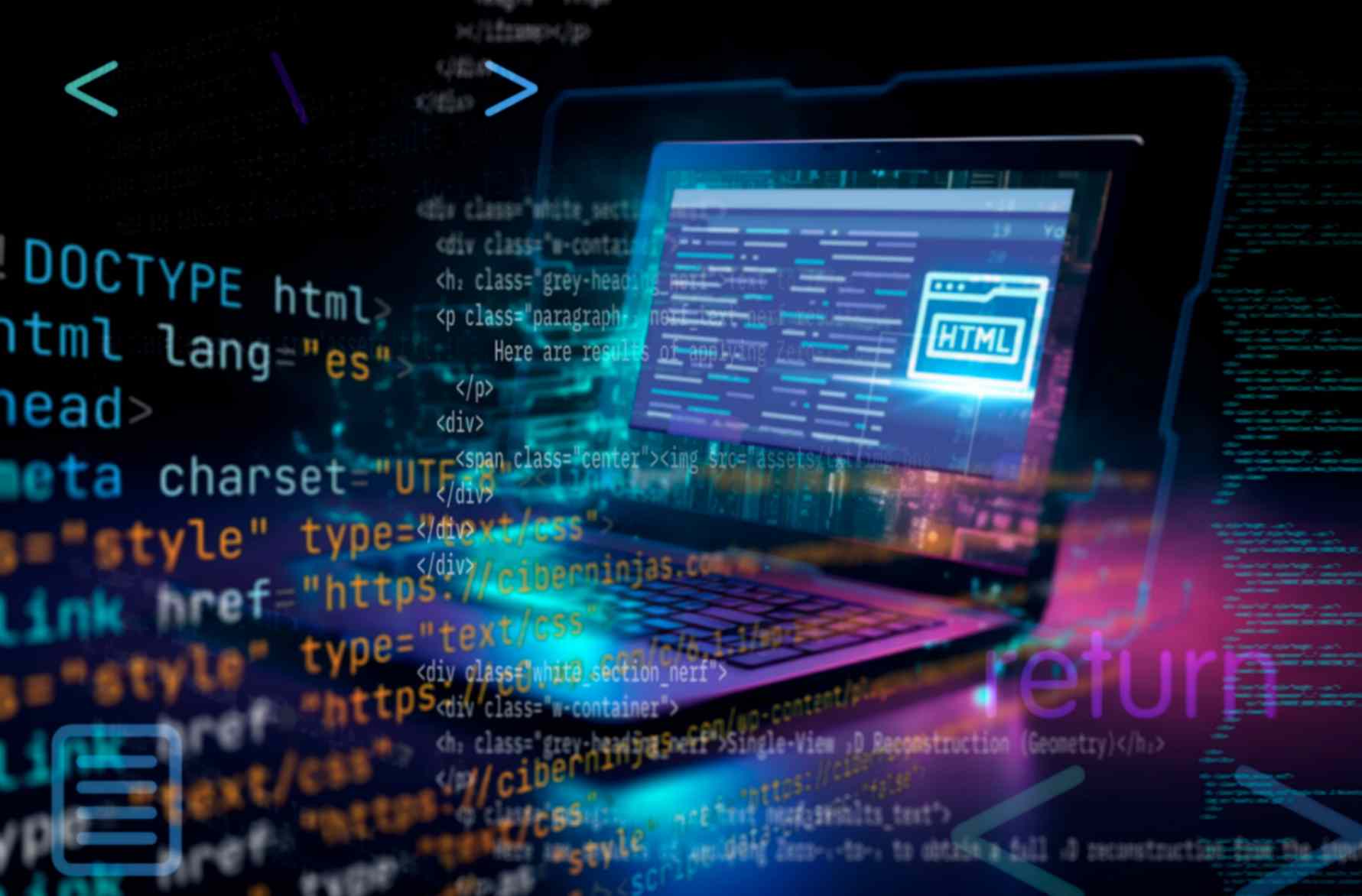The traditional classroom setting is being reshaped by the rapid integration of technology, giving rise to innovative teaching and learning methods. Educational Technology has emerged as a driving force behind this transformation, continuously redefining how students acquire knowledge. To ensure the new setup fulfills its potential to democratize knowledge, industry experts will come together at education events in 2024, such as the Education 2.0 Conference, and discuss the future of e-learning through EdTech advancements. Let’s eavesdrop on this crucial exchange, where they stress the exciting possibilities and challenges ahead.
The Evolution Of E-Learning
From its beginnings, e-learning has evolved significantly. In its early stages, it mainly featured static online courses with minimal interactivity and engagement. However, with the advent of EdTech, the landscape has shifted dramatically.
Personalization: One of the key advancements in EdTech is the ability to personalize learning experiences. Adaptive learning platforms use data analytics to tailor content to individual student needs, helping them learn at their own pace.
Interactivity: EdTech has made learning more interactive through gamification, VR, and AR. These technologies make education engaging and fun, promoting better retention of knowledge.
Accessibility: Online education has shattered geographical boundaries, enabling learners worldwide to avail themselves of high-quality educational opportunities.
At USA education conferences, attendees will discuss how EdTech has transformed e-learning into a dynamic, personalized, and immersive experience. Events emphasize the importance of ensuring that educational accessibility is extended to individuals, irrespective of their geographical location or physical limitations.
Challenges And Solutions
While EdTech has opened up new possibilities, it also comes with its challenges. Here are some of the challenges related to technology integration.
Digital Divide: Not everyone has access to the necessary technology and internet connectivity for e-learning. Experts discuss strategies to bridge this gap, such as providing affordable devices and expanding internet access.
Data Privacy: The accumulation of extensive student data has given rise to concerns about privacy. Experts at education events debate how to strike a balance between data-driven personalized learning and safeguarding sensitive information.
Teacher Training: Effective use of EdTech requires adequately trained educators. Education events emphasize the importance of providing teachers with the necessary skills and professional development opportunities.
Education events in 2024 will provide a platform to address these issues and brainstorm solutions.
The Role Of AI In EdTech
Artificial Intelligence has emerged as an innovative move in the field of education. Machine learning algorithms have the capability to examine extensive datasets, offering valuable insights into student performance and learning tendencies.
Personalized Recommendations: AI-powered systems can recommend learning materials and resources tailored to students’ strengths and weaknesses. This approach ensures that learners receive content that suits their individual needs.
Assessment And Feedback: Automated assessment tools can grade assignments and provide instant feedback. This process not only saves time for educators but also enables students to track their progress in real-time.
Early Intervention: AI can identify students who may be struggling and provide early intervention. By flagging issues early on, educators can offer targeted support to help students succeed.
At USA education conferences, industry specialists delve into the ways AI is shaping the future of e-learning.
Collaborative Learning In A Digital Age
Collaborative learning is a cornerstone of education, and EdTech is making it easier than ever for students to work together, even in remote settings.
Virtual Classrooms: Video conferencing platforms have become essential for virtual classrooms, allowing students to interact with peers and instructors in real-time.
Online Group Projects: EdTech tools facilitate collaboration on group projects, enabling students to work together seamlessly, regardless of their physical locations.
Discussion Forums: Online discussion forums allow students to engage in meaningful debates and share their insights.
In the upcoming Education 2.0 Conference, professionals will likely explore the potential of collaborative tools in e-learning.
The Impact Of EdTech On Lifelong Learning
Education is no longer limited to a specific age or stage in life. In a world characterized by rapid change, the significance of lifelong learning is steadily on the rise.
Microlearning: EdTech enables bite-sized, on-demand learning modules, making it easier for students to acquire new skills and knowledge at their convenience.
Professional Development: Online courses and webinars allow professionals to upskill and stay updated in their respective fields, boosting their career prospects.
Global Connectivity: Lifelong learners can connect with experts and peers from various fields, promoting a global perspective and expanding their networks.
Educational events underline the role of EdTech in supporting continuous learning throughout one’s career.
The Importance Of Policy And Regulation
The rapid proliferation of EdTech also raises questions about policy and regulation. How do we ensure that educational technology is used ethically and effectively?
Data Privacy Laws: Policymakers discuss the implementation of robust data privacy laws to protect students’ sensitive information.
Quality Assurance: Maintaining the quality of online education is the top priority. Experts explore mechanisms for accrediting online programs and evaluating their effectiveness.
Equity And Inclusion: Policies are needed to address issues of equity and inclusion in online education. They ensure that marginalized groups have equal access to quality learning opportunities.
Education events in 2024 will include a forum for policymakers to engage in discussions regarding the regulation of EdTech.
Conclusion: A Bright Future For E-Learning Through EdTech
As technology continues to advance, the methods of teaching and learning will also evolve. Accordingly, industry experts and policymakers at the Education 2.0 Conference convene key voices to surface cutting-edge innovations, navigate policy reforms, overcome institutional roadblocks, boost access and affordability, and separate promising platforms from hype. The road ahead may have its share of challenges. Still, with the collective efforts of the education community, educators can navigate these waters and create a brighter future for education through technology.





